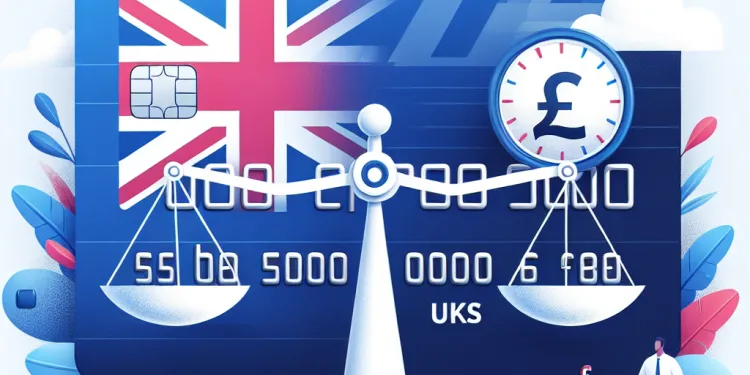
Find Help
More Items From Ergsy search
-
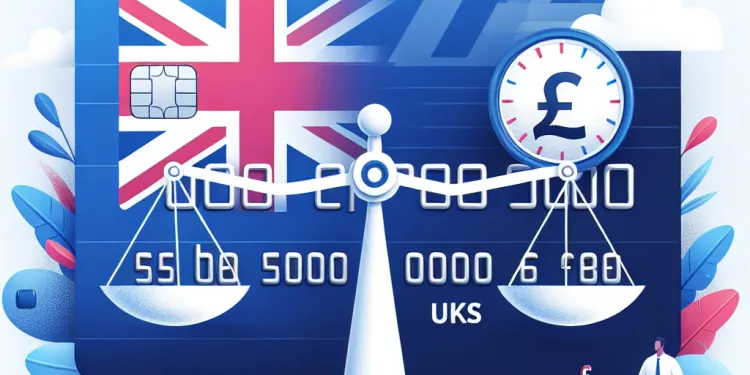
What is a Balance Transfer Credit Card?
Relevance: 100%
-
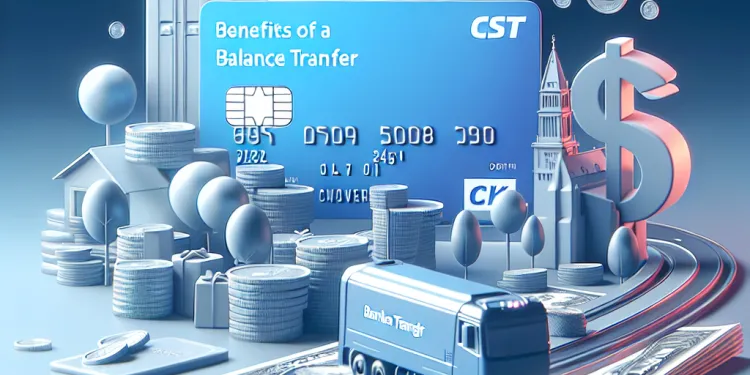
What are the benefits of a balance transfer credit card?
Relevance: 95%
-
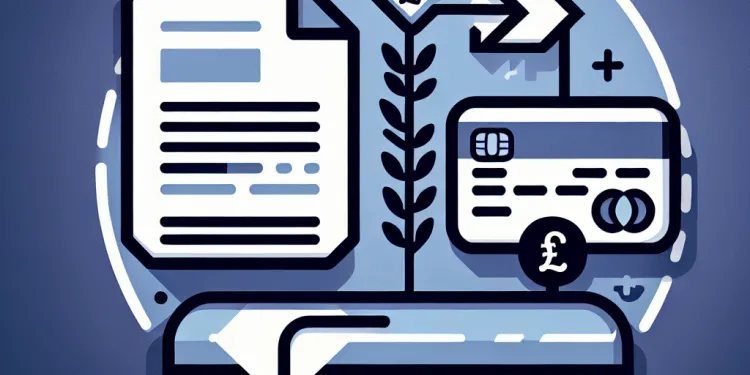
Can I transfer a balance from a loan to a credit card?
Relevance: 93%
-
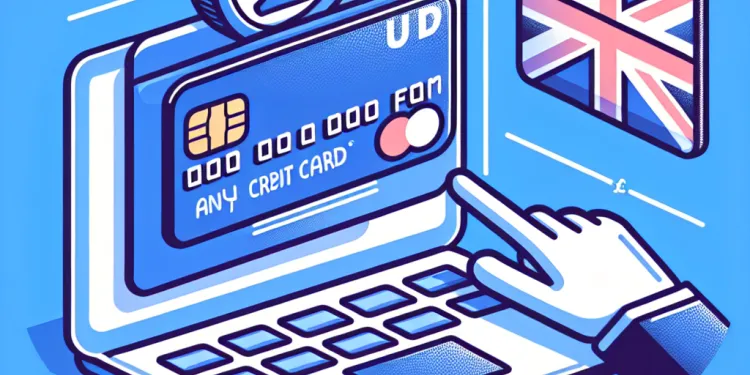
Can I transfer balances from any credit card?
Relevance: 93%
-

What is a good credit score to qualify for a balance transfer card?
Relevance: 88%
-
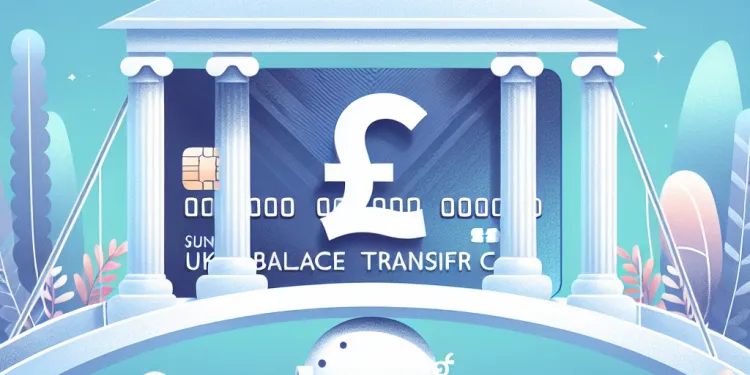
How do I apply for a balance transfer card?
Relevance: 86%
-

What is a balance transfer credit limit?
Relevance: 85%
-
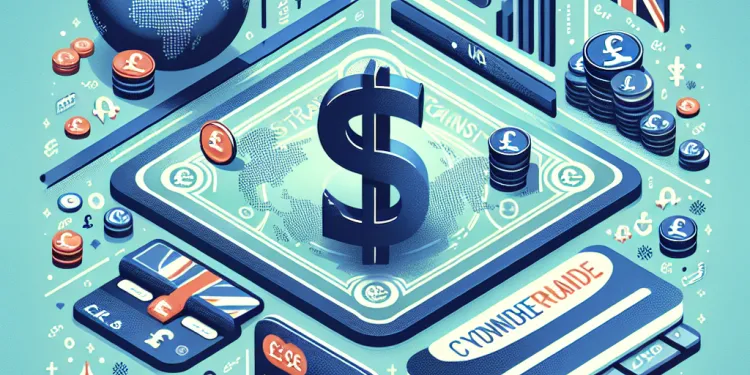
Will transferring a balance affect my credit score?
Relevance: 85%
-

Can I transfer a balance to a card with no promotional offer?
Relevance: 84%
-
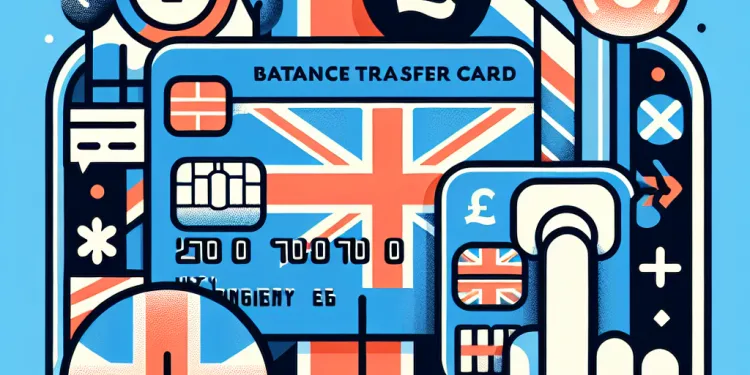
Can I use a balance transfer card for new purchases?
Relevance: 79%
-

Is a balance transfer the right choice for me?
Relevance: 74%
-
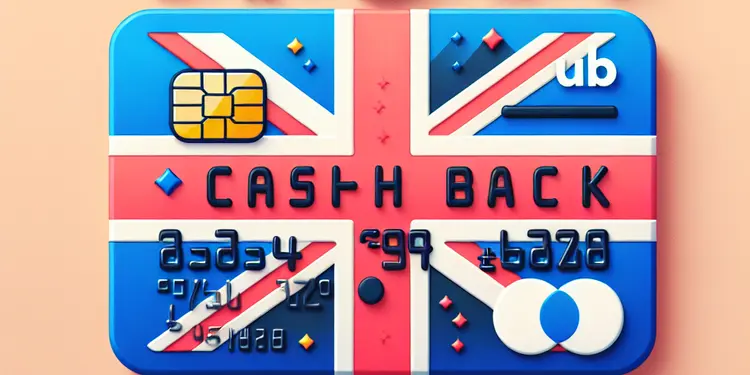
Can I transfer cashback rewards to another credit card?
Relevance: 74%
-

Are there any fees associated with balance transfers?
Relevance: 72%
-

How does a balance transfer work?
Relevance: 71%
-

Do balance transfer offers apply to new purchases?
Relevance: 68%
-

What is the typical duration of a promotional balance transfer offer?
Relevance: 67%
-

How long does a balance transfer take?
Relevance: 67%
-
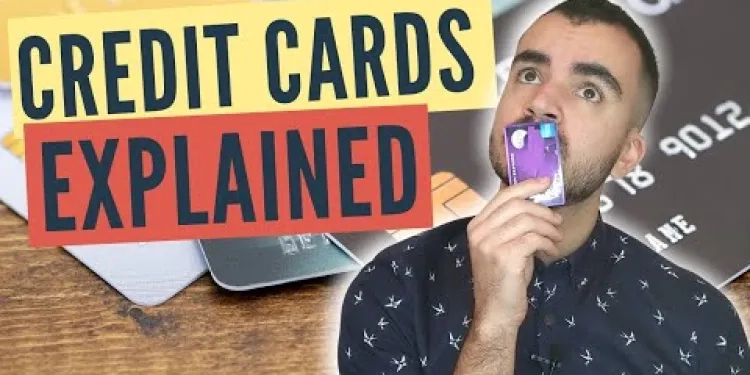
Credit Cards for Beginners Explained UK | Do's and Don't | Type of Cards
Relevance: 66%
-
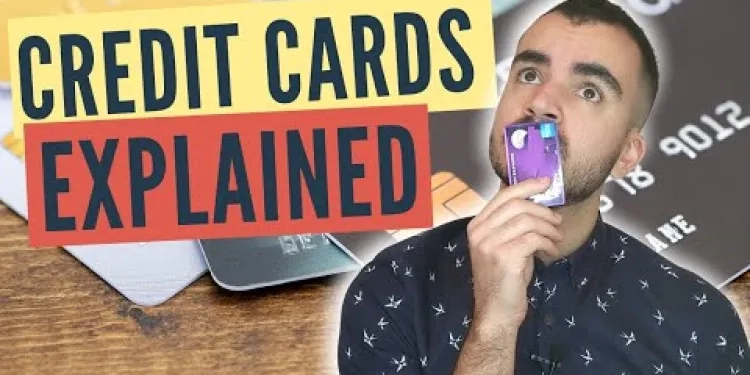
Credit Cards for Beginners Explained UK | Do's and Don't | Type of Cards
Relevance: 66%
-

Is a cashback credit card right for me?
Relevance: 61%
-
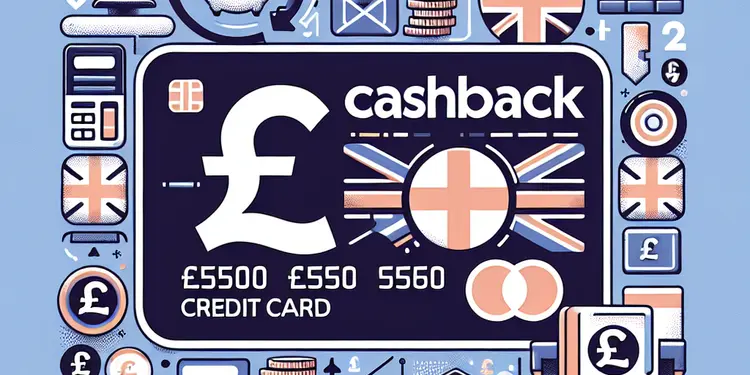
What is a cashback credit card?
Relevance: 58%
-
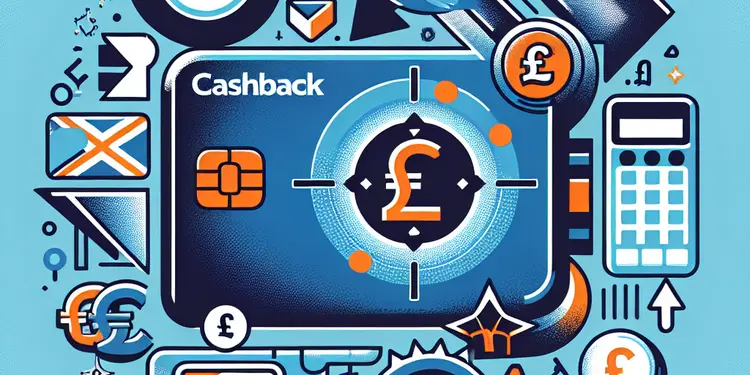
How does a cashback credit card work?
Relevance: 56%
-
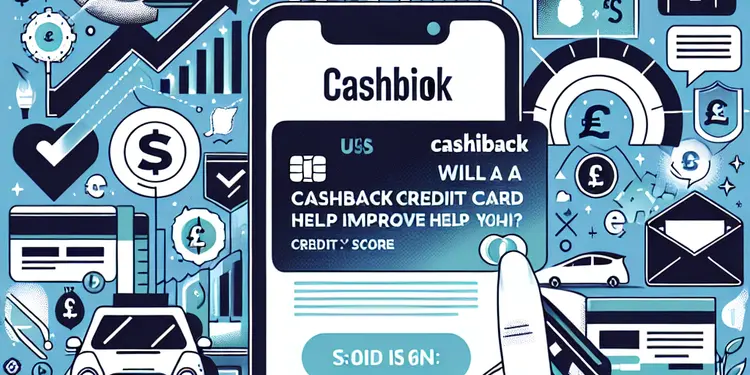
Will a cashback credit card help improve my credit score?
Relevance: 55%
-
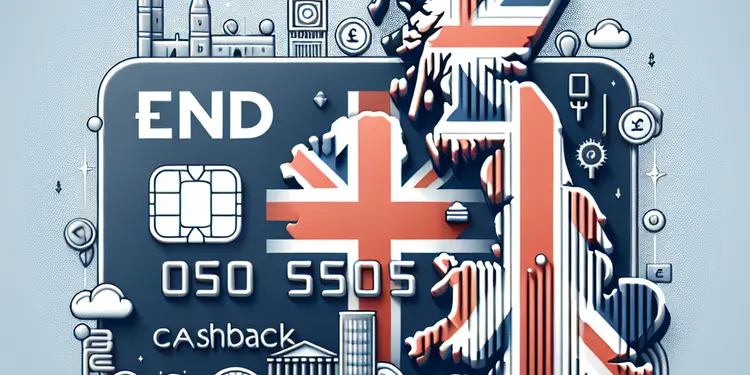
What should I look for in a cashback credit card?
Relevance: 54%
-
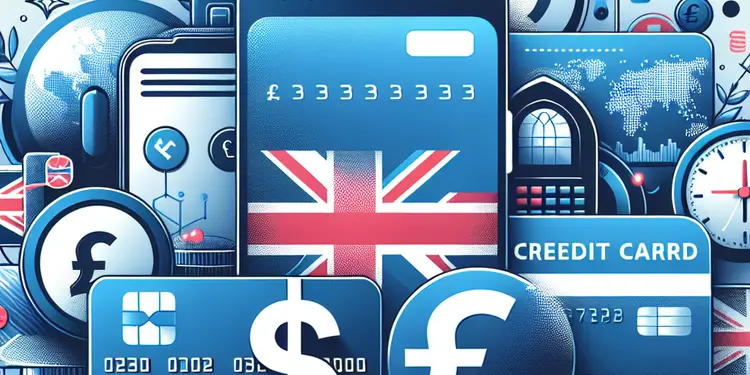
What is credit card fraud?
Relevance: 53%
-
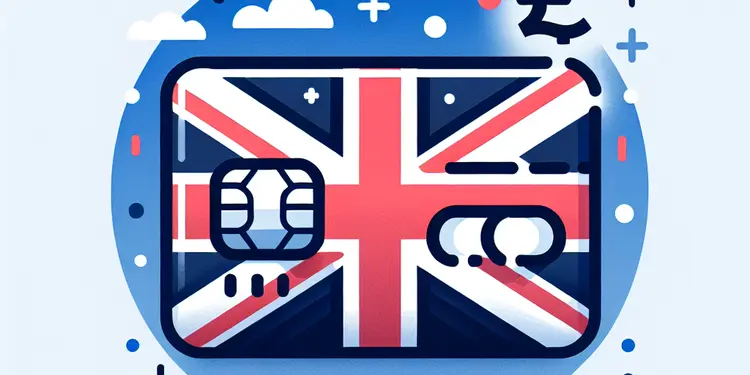
Are there any drawbacks to using a cashback credit card?
Relevance: 53%
-
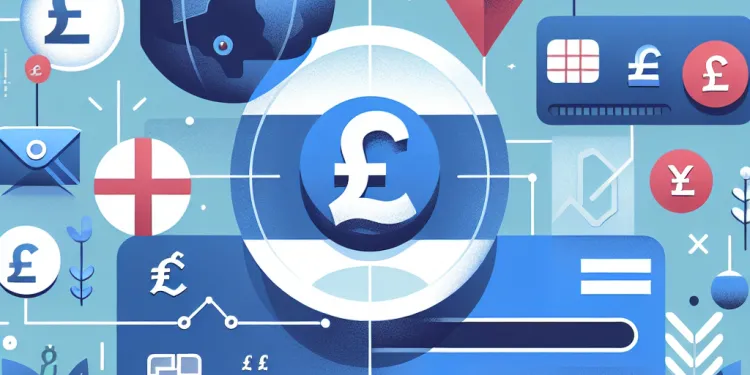
What should I consider before doing a balance transfer?
Relevance: 46%
-
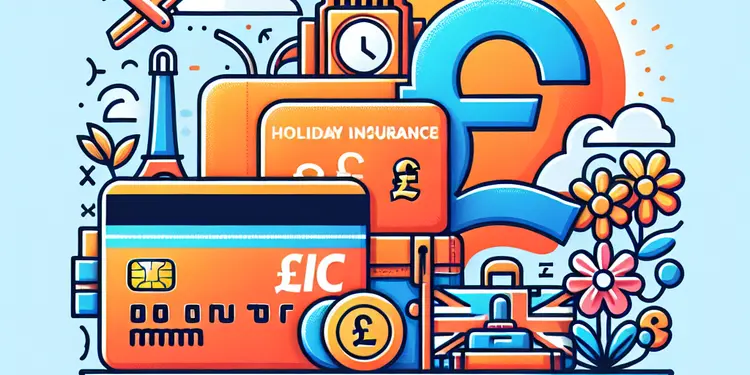
Is it necessary to have holiday insurance if I have a credit card with travel benefits?
Relevance: 44%
-

What happens when the introductory APR period ends?
Relevance: 37%
-
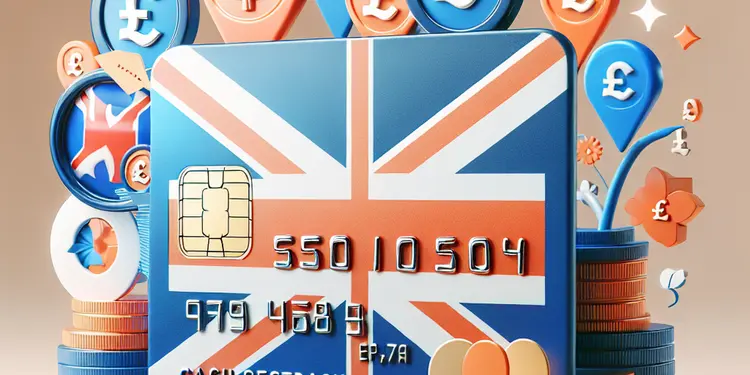
Do cashback credit cards offer sign-up bonuses?
Relevance: 37%
-
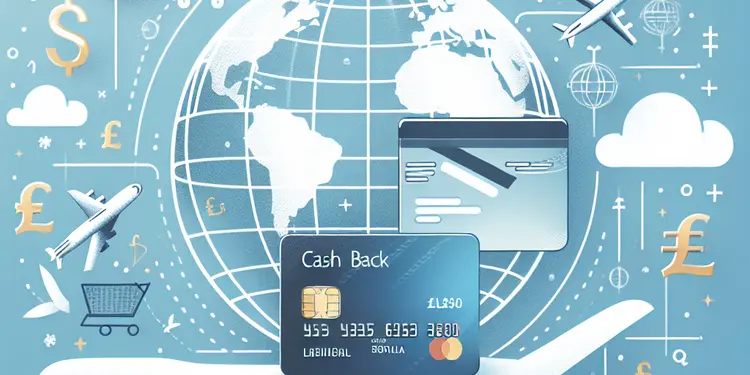
Can I use a cashback credit card abroad?
Relevance: 37%
-

How can I redeem my cashback rewards?
Relevance: 32%
-
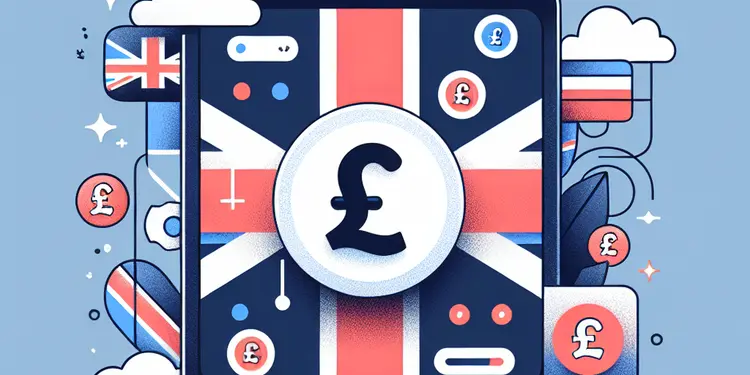
What happens if I have a credit on my account?
Relevance: 32%
-
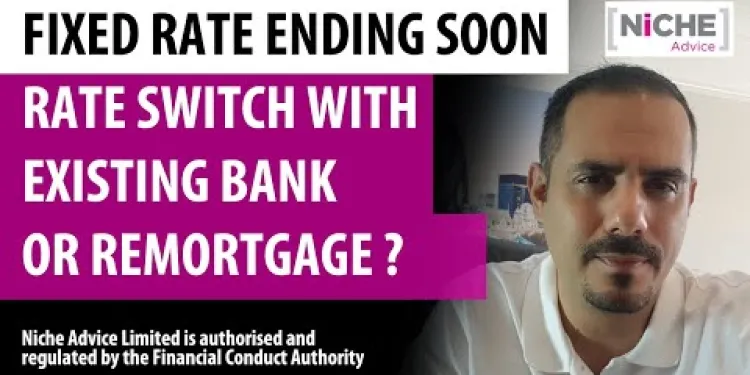
Product Transfer Rate Switch vs Remortgage What's Best
Relevance: 32%
-
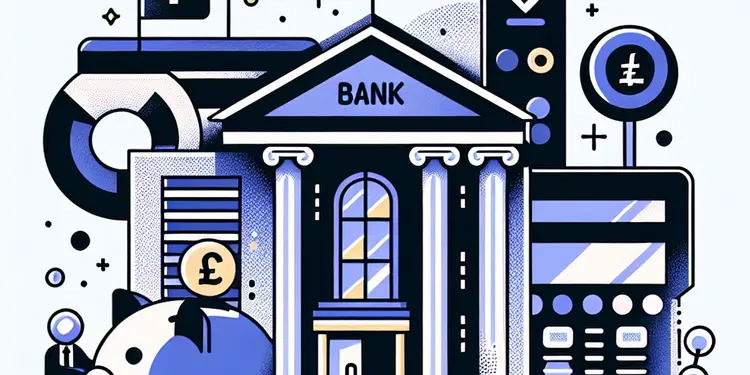
Will switching banks affect my credit score?
Relevance: 31%
-
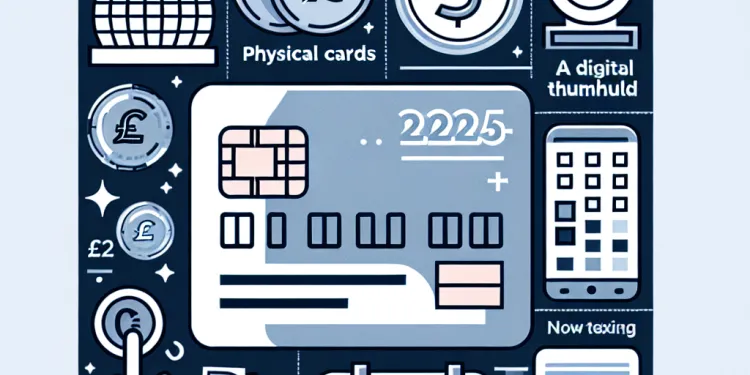
Is the physical card still valid after 2025?
Relevance: 31%
-
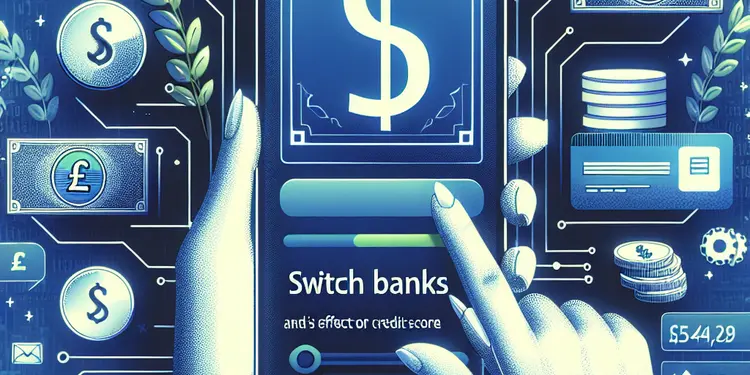
Will switching banks affect my credit score?
Relevance: 30%
-
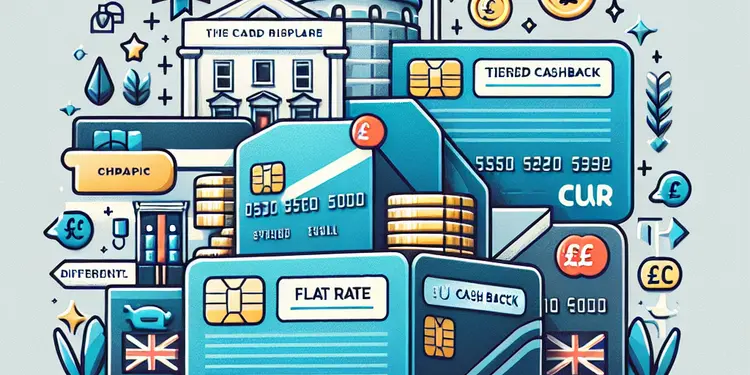
What is the difference between flat-rate and tiered cashback cards?
Relevance: 30%
-
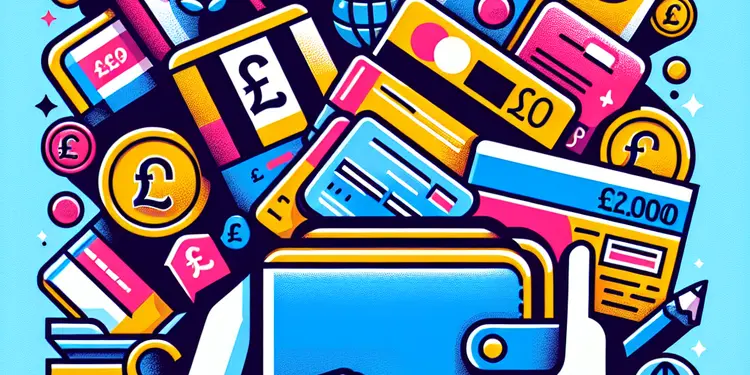
Do I earn cashback on all purchases?
Relevance: 29%
-
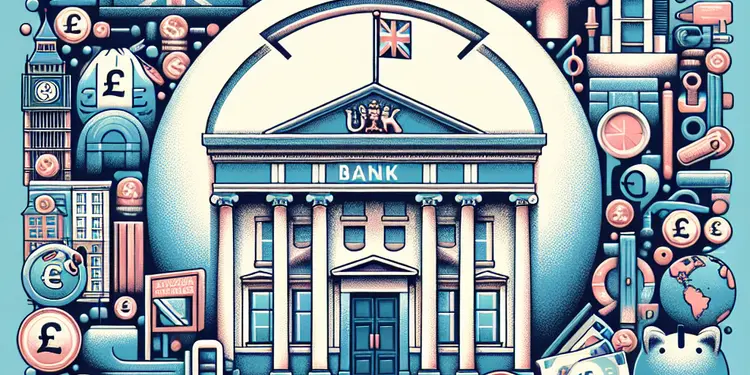
What fees should I avoid when choosing a new bank?
Relevance: 29%
What is a Balance Transfer Credit Card?
A balance transfer credit card is a type of credit card that allows you to transfer existing credit card debt from one or more cards to a new card, typically with a lower interest rate. In the UK, balance transfer cards can be an effective tool for managing debt, helping you save money on interest charges and potentially pay off your balances faster.
How Does a Balance Transfer Work?
When you get a balance transfer credit card, you can move your outstanding debt from other credit cards to the new card. This process often comes with a promotional period during which the interest rate on the transferred balance is significantly reduced, sometimes even to 0%. The promotional period can vary but commonly lasts between six and 36 months.
It is important to note that most balance transfer cards charge a fee for transferring your debt, typically calculated as a percentage of the total amount being transferred. This fee usually ranges from 1% to 3% of the balance. Be sure to factor this cost into your decision when considering a balance transfer.
Advantages of Balance Transfer Credit Cards
One of the primary benefits of using a balance transfer credit card is the potential for saving money on interest. If you're struggling with high-interest debt, transferring your balance to a card with a lower interest rate can reduce the amount you pay in interest over time.
Moreover, by consolidating your debt onto one card, it can simplify your payments. Instead of managing multiple cards and payments, you have a single monthly payment, which can help you manage your finances more efficiently.
Considerations Before Applying
Before applying for a balance transfer credit card, consider a few key points. First, check the length of the promotional interest rate period and ensure you have a plan to pay off the balance before this period ends, as the revert rate can be significantly higher.
Also, consider the balance transfer fee and whether the savings on interest outweigh this initial cost. It's also crucial to maintain discipline in your spending habits. Avoid accruing additional debt on your existing cards after the transfer, which could defeat the purpose of the balance transfer.
Conclusion
Balance transfer credit cards can be a powerful tool for managing and reducing high-interest debt when used wisely. By understanding the terms and planning accordingly, you could take advantage of lower interest rates to pay off your debt more quickly and efficiently. However, it's essential to consider the fees and create a financial plan that sets you up for success before the promotional period ends.
What is a Balance Transfer Credit Card?
A balance transfer credit card lets you move debt from old credit cards to a new card. This new card usually has a lower interest rate. In the UK, these cards can help you handle debt better. They can help you save money on interest and pay off your debt faster.
How Does a Balance Transfer Work?
With a balance transfer credit card, you can move debt from your old cards to the new one. The new card may have a special low-interest period. Sometimes, the interest is even 0% for this time. This special period can last from six to 36 months.
Remember, most balance transfer cards charge a fee to move your debt. This fee is often between 1% and 3% of your debt. Think about this cost before you decide to transfer your balance.
Advantages of Balance Transfer Credit Cards
One big benefit is saving money on interest. If you have high-interest debt, moving it to a card with lower interest can help you pay less over time.
Also, putting all your debt on one card makes it easier to keep track. You make just one payment each month, which can help you manage your money better.
Considerations Before Applying
Before you get a balance transfer card, think about a few things. First, check how long the low-interest period lasts. Have a plan to pay off your debt before this time ends because the interest might be higher after.
Also, look at the balance transfer fee. Make sure saving on interest is worth this cost. Try not to spend more on your other cards after moving the balance, or this might not help.
Conclusion
Balance transfer credit cards can help manage and reduce high-interest debt, if used smartly. By knowing the details and planning well, you can use lower interest rates to pay off debt faster. But remember to think about the fees and make a money plan before the special low-interest period ends.
Frequently Asked Questions
What is a balance transfer credit card?
A balance transfer credit card is a type of credit card that allows you to transfer high-interest debt from one or more existing credit cards to a new card with a lower interest rate, often a promotional 0% APR for a set period.
How does a balance transfer work?
A balance transfer involves moving debt from one or more credit cards to a new card, typically one with a lower interest rate. The goal is to save on interest charges, allowing you to pay off the debt faster.
What are the benefits of a balance transfer credit card?
The primary benefit is the potential for significant savings by reducing the amount of interest you pay on your debt. It can also simplify payments by consolidating multiple balances into one.
Are there any fees associated with balance transfers?
Yes, most balance transfer credit cards charge a fee, typically 3% to 5% of the transferred amount. However, this fee can be worth the interest savings over time.
What does a 0% introductory APR mean?
A 0% introductory APR means that you won't pay any interest on transferred balances for a set period, often between 6 to 21 months, depending on the card.
What happens when the introductory APR period ends?
Once the introductory period ends, the APR will increase to the standard rate specified in the card agreement, and any remaining balance will accrue interest at this rate.
Can I transfer balances from any credit card?
You can typically transfer balances from most credit cards, but not from accounts within the same financial institution that issued your balance transfer card.
Will transferring a balance affect my credit score?
A balance transfer itself doesn't directly affect your score, but applying for a new card can cause a slight drop temporarily. Successfully managing the new card can improve your credit over time.
How long does a balance transfer take?
A balance transfer can take anywhere from a few days to several weeks to process, depending on the card issuers involved.
What is a good credit score to qualify for a balance transfer card?
Most balance transfer credit cards require good to excellent credit, generally a score of 670 or higher, but specific requirements vary by issuer.
Can I use a balance transfer card for new purchases?
You can use it for new purchases, but it's best to avoid doing so unless the card offers a 0% APR on purchases as well, otherwise, you may start accruing interest immediately on new purchases.
What is the typical duration of a promotional balance transfer offer?
Promotional periods typically range from 6 to 21 months, depending on the card and issuer. It's important to pay off the balance before the period ends to maximize savings.
Can I transfer a balance to a card with no promotional offer?
Yes, but it may not be beneficial as you won't save on interest without a promotional offer, and you may still incur a transfer fee.
What is a balance transfer credit limit?
A balance transfer credit limit is the maximum amount that can be transferred to your new card, which may be the entire credit limit or a portion set by the issuer.
Do balance transfer offers apply to new purchases?
Balance transfer offers usually do not apply to new purchases unless specifically stated. Check if the card offers a 0% APR on new purchases as well.
Is there a minimum transfer amount required?
Some cards may have a minimum amount you can transfer, which varies by issuer, so it's important to check their terms and conditions.
How do I apply for a balance transfer card?
You can apply online, by phone, or in person at a bank or credit union. You'll need to provide personal information and details about the balances you'd like to transfer.
What should I consider before doing a balance transfer?
Consider the transfer fee, the length of the promotional APR period, the standard APR after the promo ends, and any potential impacts on your credit score.
Can I transfer a balance from a loan to a credit card?
Most balance transfers are for credit card debt, but some cards may allow you to transfer other types of debt, such as personal loans. Check with your card issuer.
Is a balance transfer the right choice for me?
A balance transfer can be useful if you have high-interest debt you want to pay off. It's most beneficial if you can pay off the balance before the promotional period ends.
What is a balance transfer credit card?
A balance transfer credit card is a special card. It helps you move money you owe from one card to another. This can save you money if the new card has lower fees.
Tools that might help:
- Ask someone you trust to help read with you.
- Use a reading app that reads aloud.
- Look for videos that explain balance transfer cards.
A balance transfer credit card is a special kind of card. It lets you move money you owe from old cards with high costs to a new card. This new card usually has a lower cost, sometimes even 0% for a little while.
What is a balance transfer?
A balance transfer is when you move money you owe from one credit card to another. This can help you pay less in fees.
Here's how it works:
- You pick a new card with lower fees.
- You move your debt from the old card to the new card.
- You pay less in costs on the new card.
Tips to help you:
- Ask someone you trust if you have questions.
- Use a calculator or computer for help with numbers.
A balance transfer is when you move money you owe on one or more credit cards to a new card. This new card usually has a lower interest rate. This helps you save money and pay off what you owe faster.
Why is a balance transfer credit card good?
A balance transfer credit card can help you save money. It lets you move money you owe from one card to another. This can mean you pay less interest.
You might also put all your card debts in one place. This can make it easier to pay off what you owe.
Here are some things that can help you understand balance transfer cards:
- Talk to someone who knows about money.
- Use simple math to see how much money you can save.
- Look for videos online that explain balance transfer cards.
The main good thing is that you can save a lot of money. This is because you will pay less extra money, called interest, on what you owe. It also makes paying easier by putting all the money you owe into one payment.
Do you have to pay money to move your credit card balance?
Sometimes, if you move what you owe to another card, you might have to pay a fee. This is called a "balance transfer fee".
Here are some tips to help:
- Ask your bank if there is a fee.
- Look at your card's terms to see if there are costs.
Yes, many credit cards charge a fee when you move money from one card to another. This fee is usually 3% to 5% of the money you move. But, paying this fee can still save you money in the long run because you might pay less interest.
Here are some tips to help you understand better:
- Make sure to read all the information about fees before you move money between cards.
- Use a calculator to see if paying the fee will still save you money.
- Ask someone you trust if you have questions.
What is a 0% Introductory APR?
A 0% Introductory APR means you don’t pay extra money on borrowed money for a set time. It is like a special offer when you use a credit card.
Here’s how it works:
- You use the card to buy things.
- You don’t pay extra fees called interest for a while, maybe 6 months or a year.
- After the special time, you might pay interest on what’s left to pay.
Helpful tips:
- Use a calculator to keep track of what you spend.
- Ask someone you trust to explain any hard parts.
Reading tools like read-aloud apps can help too!
A 0% introductory APR means you don't have to pay any extra money on the money you owe for a certain time. This can be for 6 to 21 months, depending on the credit card.
What happens after the first special APR time finishes?
When the first few months are over, the interest rate will go up to the normal amount that is written in the card agreement. If you still owe any money, you will have to pay extra money (interest) on it at this new rate.
To help understand, you can use pictures or ask someone to explain with simple words. A calculator can help you see how much you might have to pay.
Can I move money from one credit card to another?
You can move money from many credit cards, but not all. Here are some tips:
- Check with your bank or credit card company.
- Read the rules about moving money.
- Ask someone for help if you don’t understand.
If you need help reading, you can:
- Ask a friend or family member to explain.
- Use text-to-speech tools to hear the words.
- Use simpler words if you can.
You can usually move money you owe from one credit card to another. But you can't do this if both cards are from the same bank or company.
Here are some tips to help:
- Ask someone you trust to help read things.
- Use a tool that reads text out loud.
- Take your time to understand.
Will moving money from one card to another change my credit score?
Moving money from one credit card to another does not change your score right away. But, getting a new card might make your score go down a little at first. If you use the new card well, your score can get better later.
How long does it take to move a balance to a new card?
Moving money balance from one card to another card can take a little time. Most of the time, this takes about 5 to 7 days. But sometimes, it can take up to 3 weeks.
If you need help with reading, you can ask someone to read with you. Pointing to the words or using a finger to follow along can also help. There are also apps that can read the text out loud for you.
Moving money from one card to another can take a few days or a few weeks. It depends on the companies that give you the cards.
What credit score do you need for a balance transfer card?
To get a balance transfer card, you need a good credit score. A credit score shows how good you are at paying back money.
A good credit score is around 670 or higher. This helps you get a balance transfer card.
If your score is lower, you can still try. You can also check your score using free online tools.
Ask someone to help if you find it hard to understand.
Most balance transfer credit cards want you to have good credit. This means a credit score of 670 or higher. But, each card company may have different rules.
Can I use a balance transfer card to buy new things?
Yes, you can use a balance transfer card to buy new things. But, it is good to check the card rules first.
Balance transfer cards are for moving money you owe from one card to another. This can help you pay less interest.
Before you buy, see if the card has a 0% interest rate for new buys. If not, you might pay more money in interest.
Here are some tips to help:
- Check the card rules.
- Ask someone you trust for help if unsure.
- Use a calculator to see how much you might pay.
You can use the card to buy new things. But it's a good idea not to do this unless the card says you won't pay extra money (no interest) for a while on new things you buy. If the card doesn't say this, you will have to pay extra money (interest) right away.
How long does a special balance transfer offer last?
Promotional times usually last from 6 to 21 months. This depends on the card you have and the company that gave it to you. You should try to pay off what you owe before this time ends so you can save the most money.
Can I move money to a card with no special deal?
Yes, you can do this. But it might not be a good idea. You won't save money on interest unless there is a special offer. You might also have to pay a transfer fee.
What is a balance transfer credit limit?
A balance transfer credit limit is the most money you can move from one credit card to another. It helps you pay off debt you owe.
Here are some tools to help you:
- Calculator: Use it to help you see how much you can move.
- Friend: Ask someone you trust to help you understand.
The balance transfer credit limit is how much money you can move to your new card. This can be the whole amount you are allowed or just a part of it, decided by the company that gave you the card.
Do balance transfer offers work for new things I buy?
Balance transfer offers help you move money you owe on a credit card to another card. But they might not work for new things you buy with the card. Check with your bank or credit card company.
Here are some ways to understand better:
- Ask someone you trust to explain.
- Use simple words to talk about it.
- Look for easy videos online that explain balance transfers.
Balance transfers help you move money you owe to a new card. These offers usually don’t cover new things you buy unless the card says so. Check if the card gives 0% interest on new buys too.
Do you need to send a certain amount of money?
When you send money, check if there is a smallest amount you must send. If you're not sure, you can ask someone for help or use a website to find out.
Some cards might need you to move at least a certain amount of money. This amount can be different for each card company. It's a good idea to read their rules and instructions.
How can I get a card to move my debt?
You can ask to move your money online, by phone, or at a bank or credit union. You need to give some information about yourself and tell them how much money you want to move.
Things to Think About Before Moving Debt to a New Card
Sometimes people move debt from one card to another. This is called a balance transfer. Here are some things to think about before you do it.
- Look at Fees: Some cards charge money to move your balance. Check how much it costs.
- Check Interest Rates: See if the new card has a low interest rate. This can save you money.
- Read the Time Limit: Low interest might only last for a short time. Find out when it ends.
- Make a Payment Plan: Plan how to pay off the debt before extra fees start.
Ask someone you trust for help if you have questions. A calculator can help you see how much you will pay.
Think about these things:
- The cost to transfer money.
- How long the low interest lasts.
- The regular interest rate after the low one ends.
- How it might change your credit score.
If you need help, ask a friend or use tools like a calculator to keep track.
Can I move money from a loan to a credit card?
Balance transfers usually work for moving credit card debt. But some credit cards might let you move other kinds of debt too, like personal loans. Ask your card company to be sure.
Here are some tips to help you understand:
- Use a highlighter to mark important parts.
- Read aloud to hear the words better.
- Ask someone to help explain any hard words.
- Break the text into smaller parts to read slowly.
Is moving my credit card debt right for me?
If your credit card has high interest, you might pay more money over time.
Moving what you owe to a new card with lower interest might save money.
Think about these things:
- Does the new card have a low interest rate?
- Will there be any fees to move my debt?
- Can I pay off my debt before the new card's low rate ends?
Ask someone you trust for help, like a family member or friend.
You can use tools like a calculator to see how much you might save.
If you have debt with high interest, moving it to a new card can help. It works best if you pay off the debt before the special offer time finishes.
Useful Links
This website offers general information and is not a substitute for professional advice.
Always seek guidance from qualified professionals.
If you have any medical concerns or need urgent help, contact a healthcare professional or emergency services immediately.
Some of this content was generated with AI assistance. We’ve done our best to keep it accurate, helpful, and human-friendly.
- Ergsy carfully checks the information in the videos we provide here.
- Videos shown by Youtube after a video has completed, have NOT been reviewed by ERGSY.
- To view, click the arrow in centre of video.
- Most of the videos you find here will have subtitles and/or closed captions available.
- You may need to turn these on, and choose your preferred language.
- Go to the video you'd like to watch.
- If closed captions (CC) are available, settings will be visible on the bottom right of the video player.
- To turn on Captions, click settings .
- To turn off Captions, click settings again.
More Items From Ergsy search
-

What is a Balance Transfer Credit Card?
Relevance: 100%
-

What are the benefits of a balance transfer credit card?
Relevance: 95%
-

Can I transfer a balance from a loan to a credit card?
Relevance: 93%
-

Can I transfer balances from any credit card?
Relevance: 93%
-

What is a good credit score to qualify for a balance transfer card?
Relevance: 88%
-

How do I apply for a balance transfer card?
Relevance: 86%
-

What is a balance transfer credit limit?
Relevance: 85%
-

Will transferring a balance affect my credit score?
Relevance: 85%
-

Can I transfer a balance to a card with no promotional offer?
Relevance: 84%
-

Can I use a balance transfer card for new purchases?
Relevance: 79%
-

Is a balance transfer the right choice for me?
Relevance: 74%
-

Can I transfer cashback rewards to another credit card?
Relevance: 74%
-

Are there any fees associated with balance transfers?
Relevance: 72%
-

How does a balance transfer work?
Relevance: 71%
-

Do balance transfer offers apply to new purchases?
Relevance: 68%
-

What is the typical duration of a promotional balance transfer offer?
Relevance: 67%
-

How long does a balance transfer take?
Relevance: 67%
-

Credit Cards for Beginners Explained UK | Do's and Don't | Type of Cards
Relevance: 66%
-

Credit Cards for Beginners Explained UK | Do's and Don't | Type of Cards
Relevance: 66%
-

Is a cashback credit card right for me?
Relevance: 61%
-

What is a cashback credit card?
Relevance: 58%
-

How does a cashback credit card work?
Relevance: 56%
-

Will a cashback credit card help improve my credit score?
Relevance: 55%
-

What should I look for in a cashback credit card?
Relevance: 54%
-

What is credit card fraud?
Relevance: 53%
-

Are there any drawbacks to using a cashback credit card?
Relevance: 53%
-

What should I consider before doing a balance transfer?
Relevance: 46%
-

Is it necessary to have holiday insurance if I have a credit card with travel benefits?
Relevance: 44%
-

What happens when the introductory APR period ends?
Relevance: 37%
-

Do cashback credit cards offer sign-up bonuses?
Relevance: 37%
-

Can I use a cashback credit card abroad?
Relevance: 37%
-

How can I redeem my cashback rewards?
Relevance: 32%
-

What happens if I have a credit on my account?
Relevance: 32%
-

Product Transfer Rate Switch vs Remortgage What's Best
Relevance: 32%
-

Will switching banks affect my credit score?
Relevance: 31%
-

Is the physical card still valid after 2025?
Relevance: 31%
-

Will switching banks affect my credit score?
Relevance: 30%
-

What is the difference between flat-rate and tiered cashback cards?
Relevance: 30%
-

Do I earn cashback on all purchases?
Relevance: 29%
-

What fees should I avoid when choosing a new bank?
Relevance: 29%


